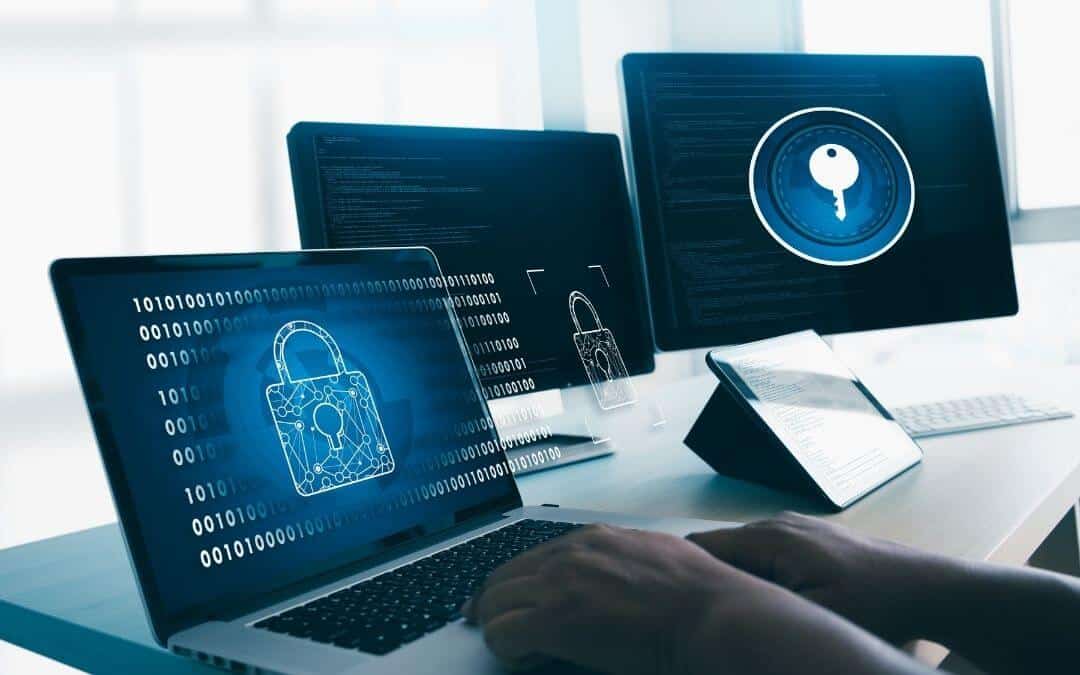Here are our top tips on how to stay secure when browsing the web:
Install from Safe Sources Only
When you see a message in your web browser that tells you to install anything, stop!
A free app that offers to save you time and money could be malware, i.e., malicious software designed to do damage or help out hackers.
Check with your IT manager and obtain their approval before you install anything from the web. If you’ve received approval, only install items from safe sources such as the vendor’s download site or your browser’s add-in store.
For example, to install Adobe Acrobat Reader, type www.adobe.com and navigate Adobe’s website to download Acrobat directly from Adobe. That way, you know the website hasn’t been spoofed.
The same is true for browser extensions. Install add-ons and extensions only from the official platforms. These are https://chrome.google.com/webstore/category/extensions for Google Chrome, https://addons.mozilla.org/en-US/firefox/extensions/ for Firefox, and via Apple iTunes for Safari.
Look for the Lock
Look for a lock icon before you enter information or place an order on a website. Most modern browsers display a green padlock to indicate a secure connection between your browser and the site you’re visiting. If you don’t see the indicator, don’t share any information.
Save and Sync Selectively
After you enter your username and password for a site, most browsers ask “Would you like to store this password?” While that may be convenient, it isn’t secure – especially since not all browsers encrypt the information stored on your system. You’re safer to decline such an offer. Instead, use a password manager program that encrypts your stored logins and passwords.
Similarly, most modern platforms and browsers allow you to sync your settings to various devices. Log into a browser (or device), allow it to sync, then you’ll have access to your saved sites and bookmarks, your browsing history, and your settings.
Allow this sort of sync only on devices you fully control in a secure location. (It’s fine to sync your computer at the office and your work tablet at home. It’s not okay to sync with a kiosk at a trade show.) For maximum security though, don’t use sync options at all.
Related:
Thought Your Data Was Safely Backed Up In The Cloud? Think Again…
If You Log In, Log Out
Do this one exactly as it reads: If you log in to a website, log out when you leave.
Visit SARS eFiling? Log in. When you’re done, log out.
The same is true for every site you visit: when you’re online shopping, updating your organization’s database, or joining a virtual meeting. In some cases – like Gmail – you might stay logged in during the day, then log out when you leave.
When you log out, you improve security because no one can sit down at your computer and access your account.
***
iSite Computers is a Managed IT Services Provider. We help small to medium-sized businesses in South Africa with comprehensive cybersecurity and IT solutions.






0 Comments